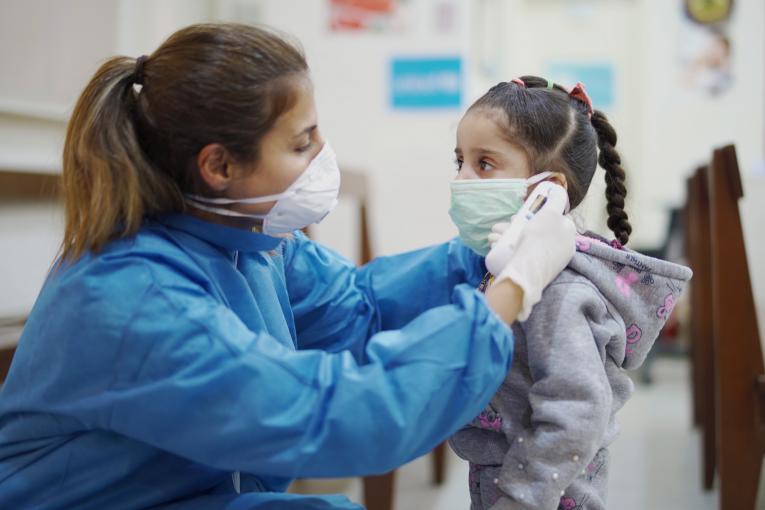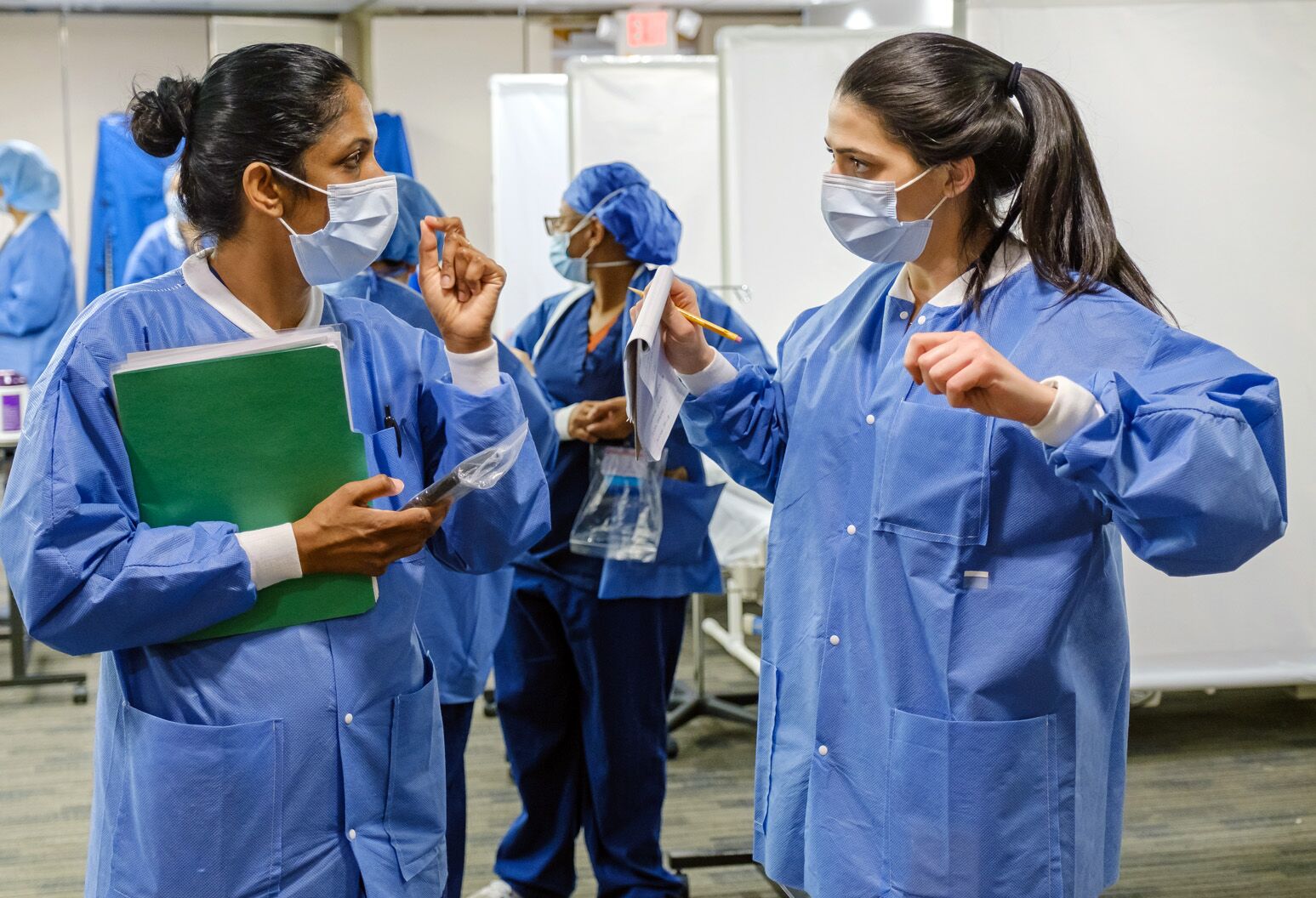As two COVID-19 vaccines are now approved for emergency use, a lot of misinformation and concerns are being spread around the vaccine.
If you get your news from uncertified social media pages, as many Lebanese do, you are exposed to a daily dose of hoaxes, rumors, conspiracy theories, and misleading news.
Unlike other countries where governments actively try to combat misinformation, the Lebanese society has been feeding into second-hand knowledge – or no accurate knowledge at all – with no science backing it up.
With that being said, we gathered vital research regarding the COVID-19 vaccines that will combat misinformation and popular concerns, easing your mind into making the right decision.
What You Need To Know About The Vaccines
Currently, there are 60 vaccines in clinical development (as of the time of writing) and 172 in pre-clinical development. Clinical refers to the rounds of tests being undertaken and that through Phase I, Phase II, and Phase III.
These are not kept in the dark, and lengthy information is shared publicly and can be found with just one click on the internet. As for pre-clinical vaccines, the labeling simply means what it implies: they are still in the lab in the testing and development process.
The FDA Emergency Use Authorization (EUA) has so far approved two vaccines, Pfizer and Moderna, both having obtained a unanimous vote of approval by a panel of experts.
According to Stat News, the Pfizer vaccine showed an efficacy of 95% at preventing symptomatic COVID-19 infection, while the Moderna vaccine was 94.1% effective.
In addition to the approval of the United State’s FDA, both vaccines have been approved by governments of major countries, namely Canada, Japan, the UK, the European Union, South Korea, and other non-EU members, all of which have already purchased the vaccines.
The Centers for Disease Control and Prevention (CDC), a national public health institute in the United States, has already released an initial framework for the distribution of COVID-19 vaccines.
Here’s what distribution is expected to look like, provided there are no issues with supply:
The vaccine will be given first to frontline workers, and individuals deemed at high-risk. People in the bracket age of 18-45 with no major or chronic health issues, such as blood, heart, or immuno-suppressing disease, will be most likely the last to be vaccinated.
Debunking Circulating Misinformation

The unusual speed at which vaccines were being produced has raised question marks and a few conspiracy theories.
However, considering the significant worldwide impact of this global pandemic, countries around the world, including private and public entities, have rushed to fund the tremendous efforts for the development and production of vaccines, and pre-order. That has increased tremendously the required financial capabilities.
That, coupled with the acknowledgment that we are dealing with a lethal powerful virus englobing the planet, has cut off the usual long process of beaurocracy.
Moreover, since the last time a new vaccine was produced, which is quite a long time back, science and medicine have significantly advanced in technology and knowledge.
Genetic data from the coronavirus, for instance, has been used by Pfizer, and then slotted into the commonly used mechanism of delivery, very similar if not identical to the flu-shot.
Misinformation regarding the fast approval of vaccines
The fast approval of the vaccines has also raised concerns and doubts by conspiracy theorists spreading unsettling misinformations. Dr. Jill Weatherhead, an infectious disease expert at Baylor College of Medicine, has a clear explanation in that regard:
“The data has been reviewed by independent reviewers to ensure safety. While it seems like these vaccines were made quickly, we must remember that this technology of vaccines has been in development for years and has been well studied by scientists around the world.”
Debunking Concerns

“What about the side effects?”
According to the FDA, the most common side effects among participants in both the Pfizer-BioNTech and Moderna phase III clinical trials were injection site pain, fatigue, headache, muscle pain, chills, joint pain, and fever.
These side effects are common with many medications, even over-the-counter meds that we often consume.
“If I already had COVID-19 and recovered, do I still need to take the vaccine?”
According to the CDC, COVID-19 vaccination should be offered to you regardless of whether you got infected or not. An antibody test shouldn’t be required before vaccination.
“What difference would it make to this global pandemic if I don’t take the vaccine?”
It can actually make a big difference. According to the experts, countries need to have at least 80% to 85% of their population vaccinated to sustain herd immunity.
This basically means that, by getting the vaccine, you will be protecting those around you who are unable to take it, like elders with fragile health, people with chronic or immune system disease, kids with cancer who could die in a matter of days if they contract the virus, and so on.
Fact is, this is not about you only but about all those around you, your family, your people, your nation, and the world. As we’ve witnessed with this pandemic, we are all interconnected regardless of geographic borders.
The way this interconnection has brought the world to get infected, it can similarly get the world to heal and all to safely resume our lives, which have been on hold.

Finally, these vaccines are confirmed to be totally safe. This is a weapon that we now have in our hands to control this wide-spread pandemic which virus continues to scaringly mutate.
Think about it, if people receive the vaccine when it is their turn, we have an opportunity to control the COVID-19 pandemic once and for all, putting a halt to the rates of casualties, the crisis of overwhelmed ICUs, dreadful lockdowns, travel impediments, and the collapsing economy in the country.
We have a dedicated coronavirus section where you can find the latest news/updates about the pandemic in Lebanon, inform yourself with WHO-verified resources, and track the number of cases in Lebanon in real-time. Click here.






